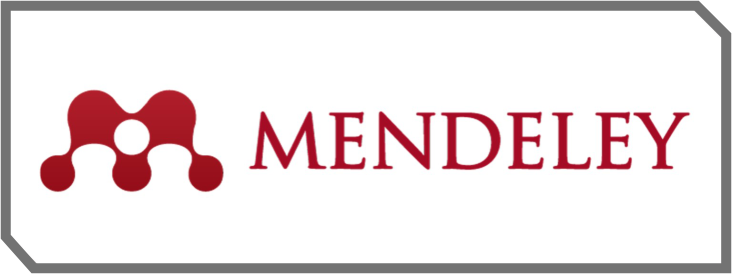Pengaruh Model Pembelajaran Problem Based Learning terhadap Hasil Belajar Siswa di Mata Pelajaran Akidah Akhlak di MAN Kota Pariaman
DOI:
https://doi.org/10.53958/ft.v5i1.444Keywords:
Learning Outcomes, Moral Beliefs, Problem Based Learning Learning ModelsAbstract
The background of this research is that the learning process of the Aqidah Akhlak still tends to be passive, lack of motivation, interest in student learning, the mindset of students who are less open during the learning process, lack of student activity, students are less critical in the learning process, while the problems raised when learning begins are problems that are often encountered in everyday life. This study aims to determine whether there is an effect of using the Problem Based Learning (PBL) learning model on learning outcomes in the Aqidah Akhlak subject at MAN Kota Pariaman. This research is a quantitative research type of Quasi Experimental Design, the subject of this research is students of class XI IPS1 and XI IPS2 at MAN Kota Pariaman with a total sample of 59 students. The research sample is class XI IPS1 as the experimental class with the Problem Based Learning learning model, class XI IPS 2 as the control class using conventional methods. The sampling technique is the total sampling technique, which means that the sample taken is the same as the population. and with a research design of the type "The only posttest control group design". Based on the research results, it was found that there were significant differences in student learning outcomes between the application of the Problem Based Learning learning model and conventional learning models in the Akidah Akhlak subject. This can be seen from the posttest results of both classes. From the test results, it is illustrated that the average difference in the learning outcomes of students in the experimental class and the control class is illustrated. By implementing the Problem Based Learning learning model, it is high compared to the scores of students who do not use the Problem Based Learning learning model in the Learning control class on learning outcomes in the Aqidah Akhlak subject at MAN Kota Pariaman.
References
Freankel JR and Wallen NE, (How Design and Evaluate in Inducation, E-Book, 2008)
Huda Miftahul, 2017.Model-model Pengajaran dan Pembelajaran, Yogyakarta: Pustaka Pelajar
Rovi annia dkk, Pengaruh Model Pembelajaran Quantum Teaching Terhadap Hasil Belajar Sejarah Kebudayan Islam Siswa Kelas X Di MAN 1 Kota Bukittinggi, Jurnal Pendidikan Dan Konseling Volume 4 Nomor 5 Tahun 2022 8321
Saefuddin Asis dan Ika Berdiati, Pembelajaran Efektif, (Bandung: PT Remaja Rosdakarya, 2016)
Sanjaya Wina, 2011 Strategi Pmbelajaran Berorientasi Standar Proses pendidikan, Jakarta: Kencana,
Sopandi Atep Sujuna Wahyuni, 2020.Model Model Pembelajaran Inovatif Depok: Rajawali pers,
Sugiyono. (2008). Metodologi penelitian pendidikan (Pendekatan kuantitatif, kualitatif, dan r&d). Bandung: Alfabeta
Suprihatiningrum, Jamil, Startegi pembelajaran: Teori & Aplikasi. 2013 Jogjakarta Ar- Ruzz Media
Surakhmad Winarno, 2012 Pendiikan Karakter dalam Metode Aktif, Inovatif, dan Kreatif, (Jakarta: Eirlannga Group,
Susanto Ahmad, Pengembangan Pembelajaran IPS (Jakarta: Prenadamedia Group, 2019)
















